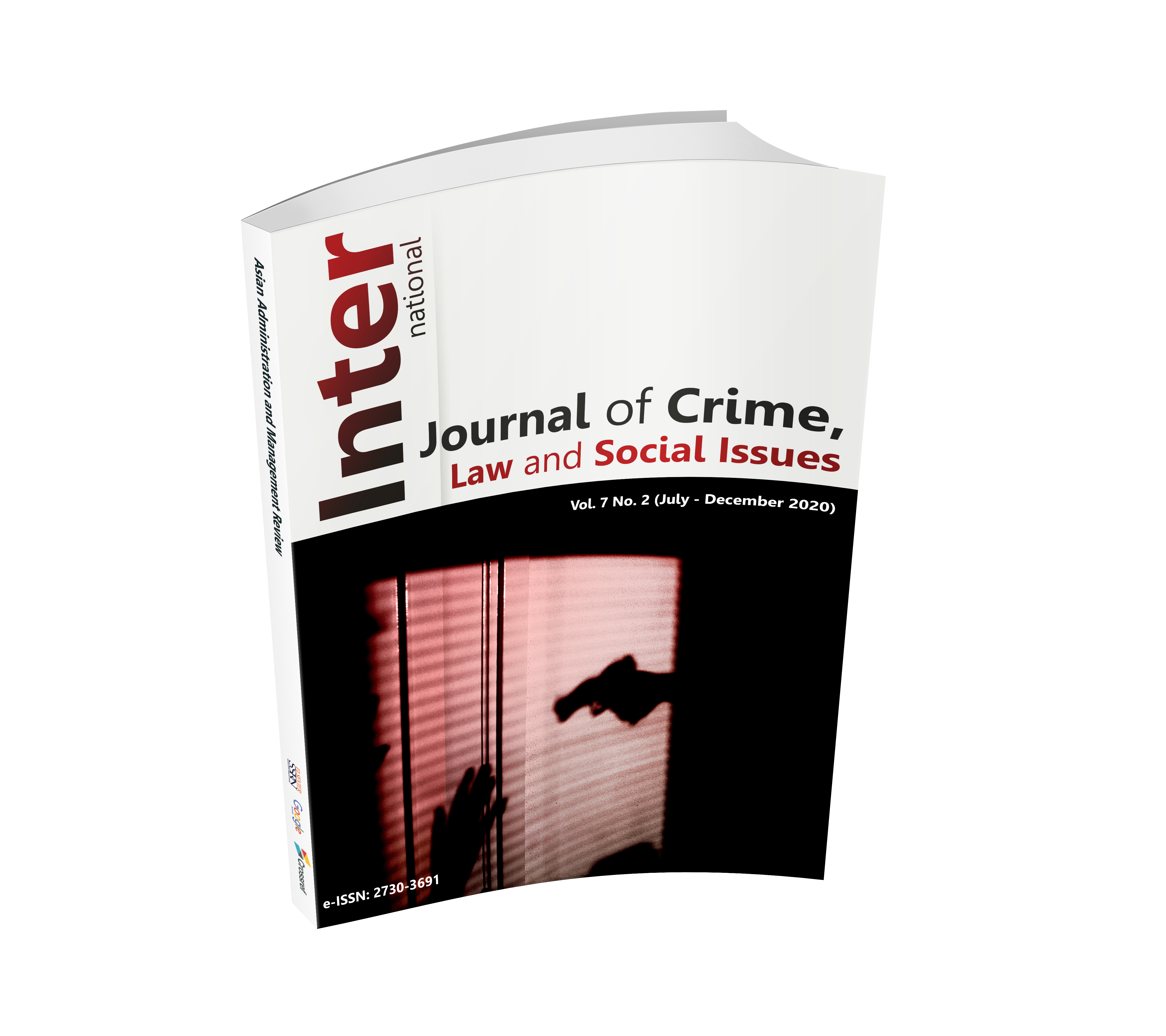Fostering Knowledge Sharing Behavior in Educational Institutes of Thailand
Keywords:
Ethical Leadership, Corporate Social Responsibility, Cognitive Meaningfulness, Positive Affective Tone, Knowledge Sharing BehaviorAbstract
There are number of factors that may affect the knowledge sharing behavior of employees at the workplace. Following this, the purpose of the study is to determine the effect of CSR and EL on KSB including the mediating effect of cognitive meaningfulness and positive affective tone. This study is based on the cross-sectional and quantitative design. Data collection was done through random sampling technique. The population was taken from the faculty members of higher education institutes situated in Thailand. Sample size was 300 faculty members. The findings of the study show that the role of EL and CSR is very important in facilitating the employee’s knowledge sharing behavior. Moreover, the culture of CSR enables the employees to crave for job meaningfulness at the workplace. Likewise, ethical leadership arouses positive emotion among the employees which eventually make their belief stronger on the leadership decisions. Thus, CSR by ensuring positive affective tone foster the knowledge sharing behavior of the Thai academic staff and on the other hand ethical leadership via strengthening the workers cognitive meaningfulness makes certain the sharing of knowledge and information among the employees the Thai higher educational institutes. This study was conducted on single industry –the education industry. Secondly, this study has covered only the educational institutes of Thailand.
Downloads











.png)


